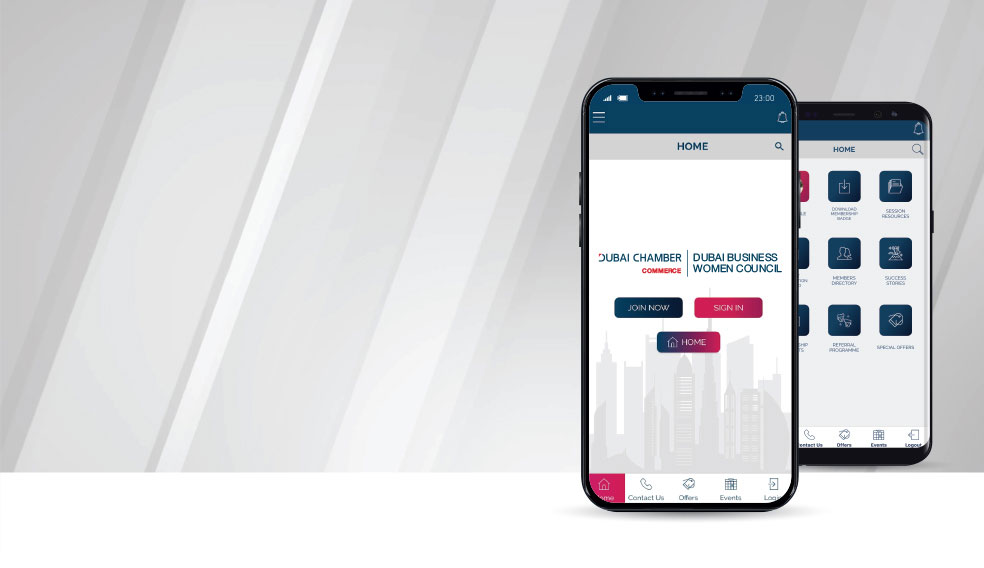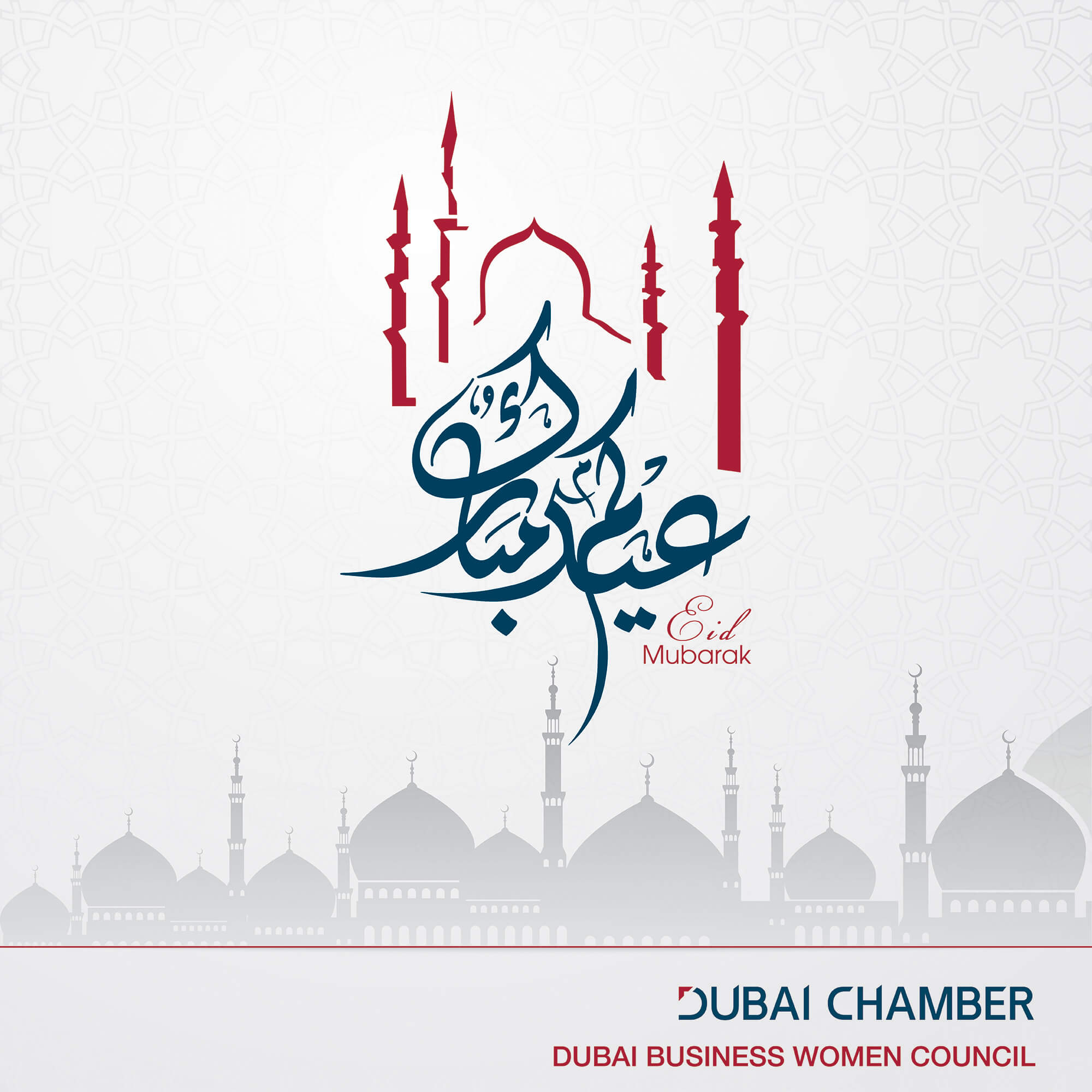
TBY talks to HE Dr. Raja Al Gurg, Vice-Chairperson and Executive Director of the Dubai Healthcare City Authority (DHCA), on building a sustainable healthcare model, offering quality care, and research facilitation.

BIOGRAPHY
Raja Easa Al Gurg is a well-known businesswoman in the Middle East whose counsel and insight has contributed to many sectors of industry. While holding the position of Vice-Chairperson for the DHCC, she also serves as Managing Director of Easa Saleh Al Gurg Group LLCC. She plays a leading role in philanthropic efforts, most notably in the Easa Saleh Al Gurg Charity Foundation and Al Jalila Foundation. Additionally, she is the President of the Dubai Business Women’s Council.How does DHCC build a sustainable model for healthcare in Dubai?
In 2002, during the launch of DHCC, our founder HH Sheikh Mohammed Bin Rashid Al Maktoum, Vice-President and Prime Minister of the UAE and Ruler of Dubai, said, “The growth and development of any successful economy depends heavily on the health of its citizens." In harmony with this early—and realistic—outlook, DHCC has expanded healthcare capacity and improved healthcare quality. Over the past 12 years, we have increased specialties and addressed capacity gaps in a regulated environment. We have increased the number of training programs for medical education, and we are facilitating much-needed research into regional health issues. In tangible terms, DHCC is today recognized as the world's largest healthcare free zone, occupying 27 million sqft. In 2014, we recorded 1.2 million patient visits, and our healthcare community has 4,500 healthcare professionals, 90 specialties, and 320 clinical and non-clinical facilities. In March 2015, we announced plans to build water-facing rehabilitation and wellness facilities covering 3.3 million sqft. Our Phase II expansion implements our founding vision, and is in line with the UAE Vision 2021 and Dubai Plan 2021. Phase II will build DHCC's position as an internationally recognized location of choice for quality healthcare and wellness, medical education, and research.
How would you describe the role that healthcare plays in the growth of the UAE?
Economic stability and citizens' wellbeing are linked in quantifiable ways. Healthcare is one of the pillars of the UAE's economic growth, offering a great deal of opportunity for investment and economic diversification. An increasing and aging population, increasing income levels, insurance penetration, and incidence of lifestyle diseases such as diabetes and obesity, are driving the demand for healthcare and pushing costs upwards. To cope, the healthcare model has to build a strong foundation of soft and hard infrastructure to sustain growth. Dubai is building its reputation as the preferred healthcare investment destination and reversing the trend of outbound medical tourism. And while the DHCC is enabling better access to high quality healthcare, the rollout of compulsory healthcare insurance will boost the sector overall.
What regulations has DHCC implemented to further invest in the development of the healthcare industry?
Attracting investment, a skilled workforce, and patients requires a strong, comprehensive regulatory framework comprising tools such as accreditation and quality standards. Without this framework expansion would be at the cost of quality. Regulation and licensing of all healthcare professionals and healthcare operators together with the handling of any complaints arising from the provision of clinical services is overseen and handled by the DHCC Authority, the governing body and regulator of DHCC. In January 2015, DHCC added 34 countries to its licensing framework for its healthcare and complementary and alternative medicine (CAM) professionals, totaling 63 countries. DHCC also introduced a policy for visiting physicians to ensure that only physicians with high qualifications and competencies in their respective clinical areas can practice, and in 2014, we introduced an independent appeals board. To drive quality in healthcare delivery, apart from regulations, medical education avenues from certification and training to academic programs are required.
How important is developing and furthering local talent and research?
Education is a key pillar supporting our nation's sustainable growth and knowledge-based economy. The Mohammed Bin Rashid University of Medicine and Health Sciences (MBR-UMHS), DHCC's first medical university, will help develop a sustainable workforce in the UAE and the region. The Hamdan Bin Mohammed College of Dental Medicine is the first college established under the MBR-UMHS, and has six postgraduate programs, accredited by the Ministry of Higher Education and Scientific Research (MoHESR) in collaboration with the UK-based Royal College of Surgeons of Edinburgh (RCSEd). As of January 2015, 60 residents have enrolled. The second is the College of Medicine for undergraduate medical students, which will receive its first students in September 2016. DHCC entities such as the Khalaf Ahmad Al Habtoor Medical Simulation Center continue to develop technical and non-technical skills, have trained close to 3,000 multidisciplinary healthcare professionals to date. In Phase II, we have the Swiss International Scientific School Dubai, the first UAE-based private school to offer multi-lingual education.


